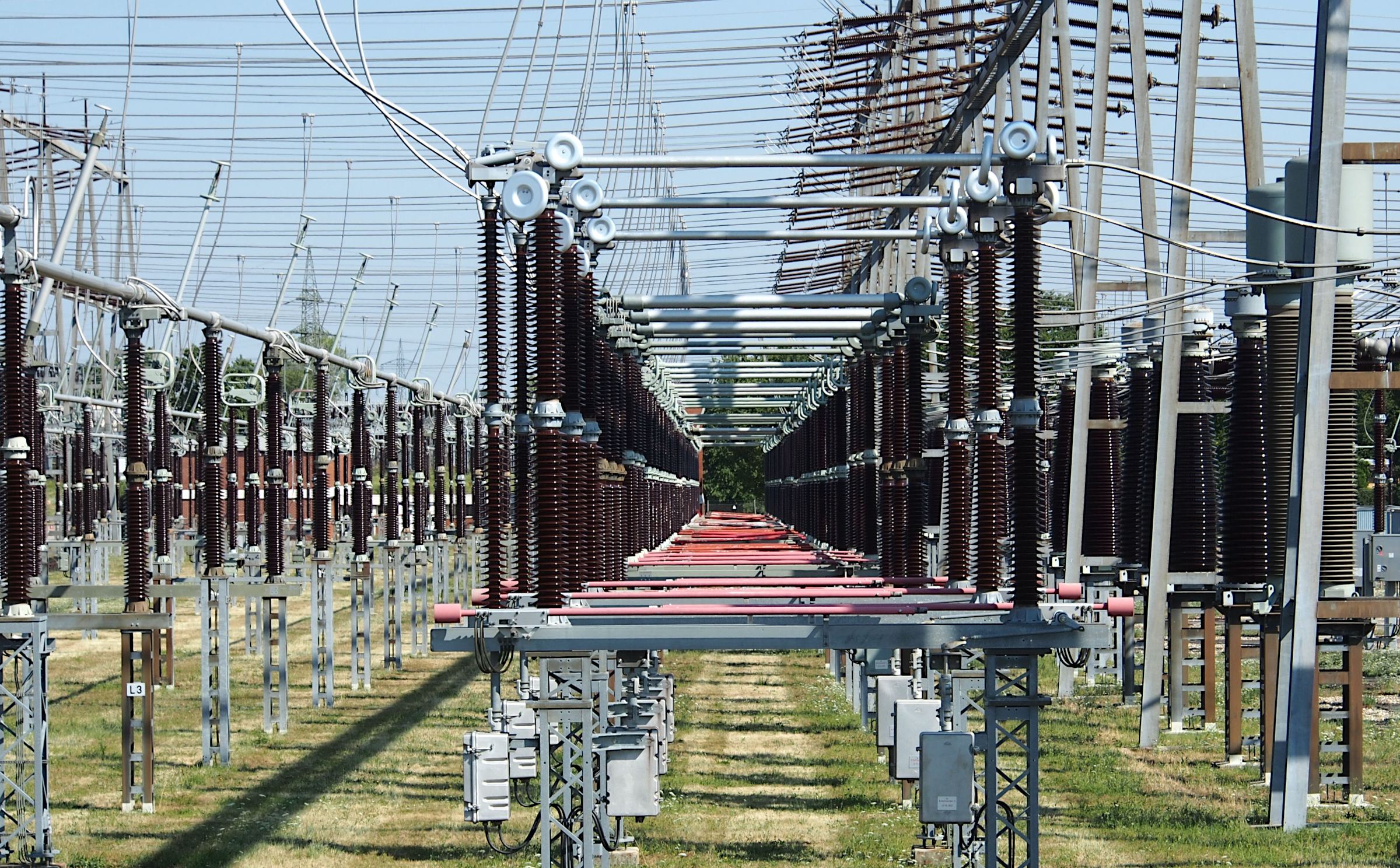Electrical engineering is a dynamic and ever-evolving field that has revolutionized the way we live, work, and interact with the world around us. From the simplest circuits to the most complex systems, electrical engineers have been at the forefront of innovation, pushing the boundaries of what is possible. In this article, we will explore the world of electrical engineering and how it continues to shape and transform the world with its remarkable innovations.
The Foundations of Electrical Engineering
Electrical engineering is rooted in the study of electricity, electromagnetism, and the principles that govern the behavior of electrical and electronic systems. It encompasses a wide range of disciplines, including power systems, control systems, telecommunications, signal processing, and computer engineering, among others. The foundations of this field were laid by pioneers such as Michael Faraday, James Clerk Maxwell, and Nikola Tesla, whose groundbreaking discoveries and inventions paved the way for the modern electrical age.
Powering the World: Energy and Power Systems
One of the most significant contributions of electrical engineering is the development of efficient and reliable power systems. From the generation of electricity through various sources, such as fossil fuels, nuclear power, and renewable energy sources like solar and wind, to its transmission and distribution, electrical engineers play a crucial role in ensuring a stable and uninterrupted power supply to homes, businesses, and industries around the globe.
Revolutionizing Communication: Telecommunications and Networking
In today’s interconnected world, electrical engineering has enabled unprecedented levels of communication and information exchange. The field of telecommunications and networking has been at the forefront of this revolution, bringing people and devices together through various technologies, including telephony, radio, television, and the internet. Electrical engineers have played a pivotal role in developing advanced communication protocols, networking architectures, and hardware components that enable seamless connectivity across the globe.
Enhancing Efficiency and Automation: Control Systems
Control systems are at the heart of many modern technological systems, from industrial processes and manufacturing plants to transportation systems and household appliances. Electrical engineers design and develop sophisticated control systems that ensure accurate and efficient operation of these systems, optimizing performance, minimizing waste, and enhancing safety. The integration of control systems with artificial intelligence and machine learning algorithms has further expanded the capabilities of these systems, enabling intelligent decision-making and autonomous operation.
Transforming Healthcare: Biomedical Engineering
The intersection of electrical engineering and medicine has given rise to the field of biomedical engineering, which has revolutionized healthcare and improved countless lives. Electrical engineers work closely with medical professionals to develop advanced diagnostic and therapeutic devices, such as medical imaging systems, prosthetic limbs, implantable devices, and life-sustaining equipment. These innovations have not only enhanced patient care but also contributed to advancing medical research and understanding of the human body.
Shaping the Future: Emerging Trends and Innovations
Electrical engineering is continuously evolving, driven by the pursuit of innovation and the need to address global challenges. Some of the emerging trends and innovations in this field include:
- Sustainable Energy Solutions: With the increasing demand for clean and renewable energy sources, electrical engineers are at the forefront of developing efficient solar panels, wind turbines, and energy storage systems, as well as designing smart grids and micro-grids for effective energy distribution.
- Internet of Things (IoT): The integration of sensors, actuators, and communication technologies has given rise to the Internet of Things, enabling seamless connectivity and data exchange between devices and systems. Electrical engineers play a crucial role in developing the hardware, software, and communication protocols that power IoT applications in various domains, such as smart homes, cities, and industries.
- Autonomous Systems: The field of robotics and autonomous systems has seen significant advancements, driven by electrical engineering innovations in areas such as control systems, artificial intelligence, and machine learning. Autonomous vehicles, drones, and robotic systems are being developed for applications ranging from transportation and logistics to exploration and search and rescue operations.
- Quantum Computing: The pursuit of quantum computing has the potential to revolutionize the field of electrical engineering and computing as a whole. Electrical engineers are working on developing quantum circuits, quantum sensors, and quantum communication systems, which could lead to unprecedented computational power and secure communication channels.
- Nanotechnology: The manipulation of matter at the nanoscale has opened up new possibilities in electrical engineering. Nano-electronics, nano-sensors, and nano-materials are being developed for applications in areas such as energy storage, medical diagnostics, and high-performance computing.
Electrical engineering has been at the forefront of technological advancements, continuously pushing the boundaries of what is possible. From powering our world to revolutionizing communication, enhancing efficiency and automation, transforming healthcare, and shaping the future with emerging trends and innovations, electrical engineers have played a pivotal role in creating a world that is more connected, efficient, and sustainable. As we move forward, the innovations and contributions of electrical engineering will continue to shape and transform the world, enabling us to overcome challenges and unlock new possibilities for a better tomorrow.
